
When the slave ships docked in North America, Brazil, and the Caribbean, hundreds of cultures, traditions, and religions landed with the Africans on board, one transcended slavery beyond imagination and remains alive till this day in the New World: the Yoruba culture.
You May Also Like
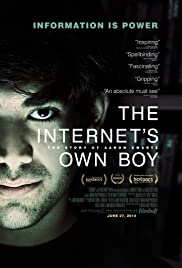
Programming prodigy and information activist Aaron Swartz achieved groundbreaking work in social justice and political organizing. His passion for open access ensnared him in a legal nightmare that ended with the taking of his own life at the age of 26.

When the jet pack took its first flight in the 1960s, it was loud, difficult to pilot, and could stay in the air for about 30 seconds. Over 50 years later, not much has changed. But visionary engineers are hard at work to make them quieter, safer, and more practical.

One of the world’s most progressive and timeless dirt bike film franchises returns with MOTO 10 – the final installment of the epic MOTO the Movie series – once again captivating viewers by combining the world’s best athletes, dream-worthy locations and cutting-edge cinematography.

GoldenEra is a documentary that tells the story of the creation and legacy of the video game GoldenEye 007 (1997) for the Nintendo 64.
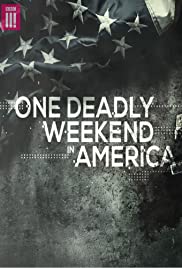
A look at the people affected by seven shootings which occurred during the same July weekend.
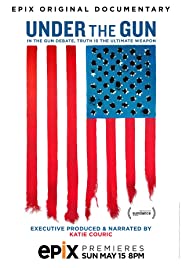
A look at the aftermath of the Sandy Hook massacre where 20 children were murdered at school by a crazed gunman, but lead to no changes in American gun laws.

A dazzling and unconventional documentary where a filmmaker explores their first experience of great loss after her best friends Chun and Yueh go missing. Trapped in a cave in Nepal for 47 days, Yueh survives. Chun does not. Yi-Shan offers an intimate window into the complex relationship of survivors as she traverses the intricate terrain of grief and gender with Yueh. Their conversations are steeped in themes of guilt, perseverance, and identity as they navigate Chun’s legacy with ease, even as elders around them fail to acknowledge their friend’s queerness/transness posthumously.
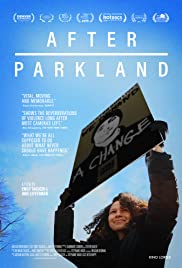
In the aftermath of the February shooting at Marjory Stoneman Douglas High School that left 17 dead, filmmakers Emily Taguchi and Jake Lefferman traveled to Parkland and began filming with students who endured gunfire and the parents who lost their children in the crosshairs. “After Parkland” is an intimate chronicle of families as they navigate their way through the unthinkable; reckoning with unexpected loss, journeying through grief, and searching for new meaning.

Ewan McGregor narrates a unique nature special looking at the wildlife of the North Atlantic through the eyes of the Vikings. Combining historical re-enactment with jaw-dropping Natural History sequences, Wild Way of the Vikings features vast herds of reindeer, huge gannet colonies, cute Arctic foxes, seal-hunting orca, mystical ravens and giant walruses.
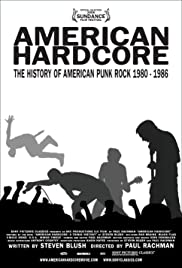
Inspired by Steven Blush’s book “American Hardcore: A tribal history” Paul Rachman’s feature documentary debut is a chronicle of the underground hardcore punk years from 1979 to 1986. Interviews and rare live footage from artists such as Black Flag, Bad Brains, Minor Threat, SS Decontrol and the Dead Kennedys.

A woman is recruited to a prison controlled by organized crime while another woman searches for her missing daughter. Through images that submerges us in a journey from north to south Mexico, both testimonies collide and take us to the center of a storm: a country where violence has taken control of our lives, our desires and our dreams.
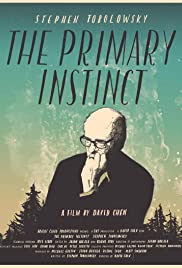
Actor Stephen Tobolowsky has acted in over 200 TV shows and films over the past 40 years, possessing one of the most dazzlingly diverse filmographies on the planet. But even more compelling than the stories he’s been apart of onscreen are those he tells offscreen. In ‘The Primary Instinct,’ Stephen plays himself and uses the art of storytelling to take the audience through a riveting and moving journey about life, love, and Hollywood. Along the way, he just may answer one of the questions that’s dogged humanity since the beginning of time: Why do we tell stories in the first place?